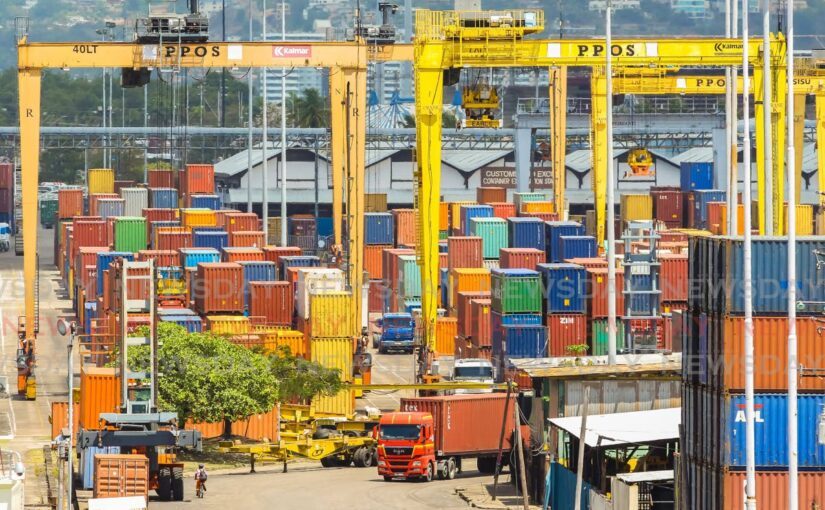The ongoing port crisis
Written by reggietnt868radio on November 16, 2024

THE PORT impasse is not only the fault of the current government but also the previous one.
In fact, it is the perfect example of what is broken in our system of leadership. The system is not serving people.
There’s no question protest action will be disruptive and will have maximum impact should it continue.
This is the busiest time of the year. In the last two months of 2023, the Port of Spain port alone handled 64,781 containers – more than 1,000 a day.
On November 13, the four largest business chambers warned the situation was such that a “national crisis” loomed given the combined effect of delays in the delivery of Christmas inventory and the acquisition of raw materials, as well as increased fees and rates.
“Ultimately, the citizens of Trinidad and Tobago will be severely affected,” said the Chamber of Industry and Commerce, the Manufacturers’ Association, the American Chamber of Commerce, and the Energy Chamber.
Whoever is right or wrong – be it trade unions, workers, CPO officials, port administrators or politicians – it is the person in the street who will have to pay higher prices and face shortages.
We believe this situation, triggered by a two per cent government salary increase for the bargaining period 2014-2017, should not have reached this stage.
Port workers began to rumble as late as August.
Why has the decisive action which the joint chambers are calling for not materialised sooner?
The intervention of former transport minister Stephen Cadiz has not helped. Rather, it underlines why we are where we are.
Mr Cadiz confirmed that in his last week in office, under the People’s Partnership, he oversaw the signing of a purported agreement in 2015.
“I’m very surprised now that they’re coming nearly ten years after to claim it isn’t valid,” he said, noting officials today believe the CPO should have been involved.
But why did Mr Cadiz feel it appropriate for a government to sign such an important compact on the eve of a general election?
Was he completely unaware in 2015 of the existence of a labour sector in which the CPO has a role? Did he not think figures have implications?
The system of wage negotiation is filled with legal procedures.
There should be consistency between governments on some issues, especially as they relate to people’s livelihood.
But that is a reason for more timely bargaining and the seeking of wider political consensus, not the signing of MoUs in hotel ballrooms just as the election bell rings.
Whatever solution is devised in relation to the current situation, it will be a plaster until the next round of negotiations, under the next government, involving the next group of workers.
That is not how things should be.
The post The ongoing port crisis appeared first on Trinidad and Tobago Newsday.




